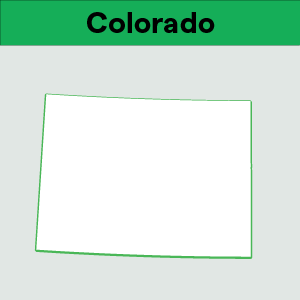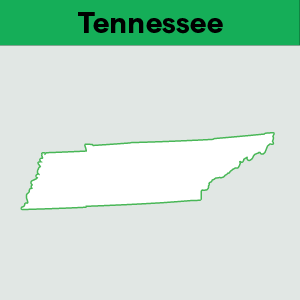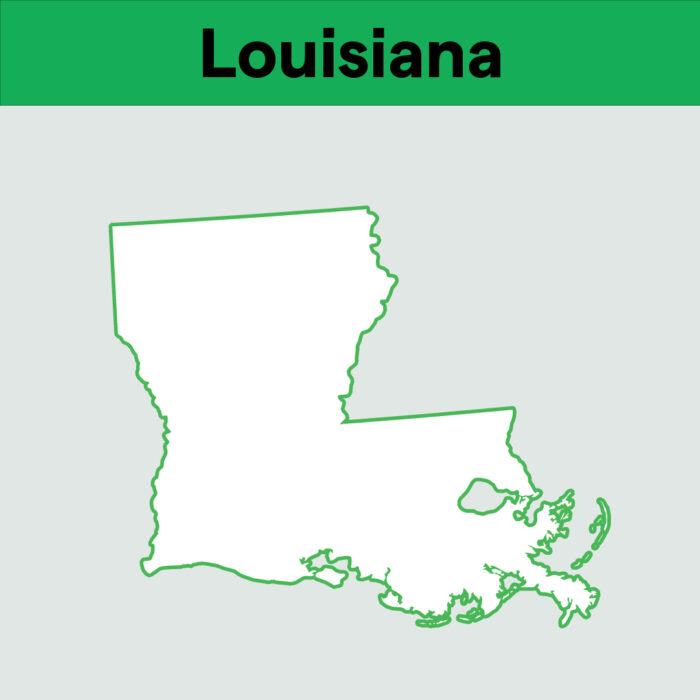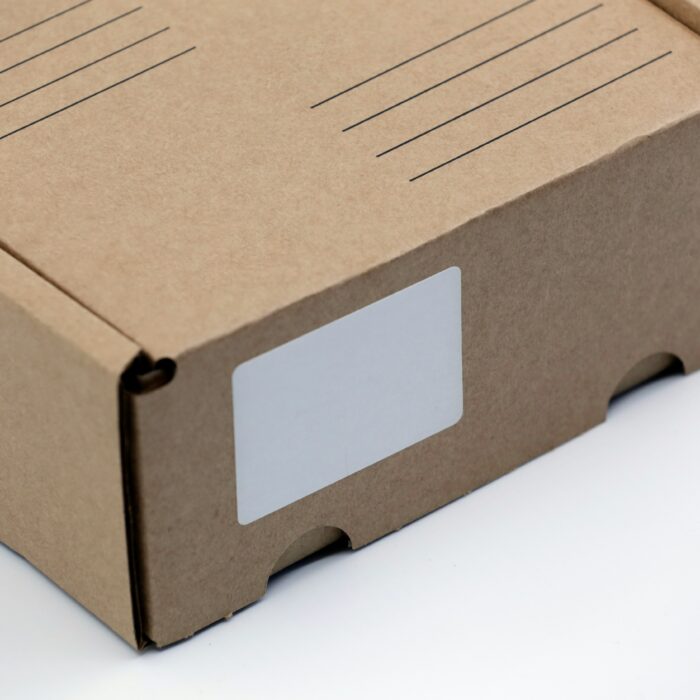Is food taxable in California?
by December 27, 2024
Every US state makes their own rules and laws about the taxability of certain products. Many states, California included, treat certain food, like groceries, a little differently than other items when it comes to how much sales tax a business should charge.
This post will explain grocery, meal, and beverage taxability in California.
Are groceries taxable in California?
California provides a Tax Guide for Grocery Stores. In most cases, grocery items are exempt from sales tax. An exception, however, is “hot prepared food products,” which are taxable at California’s 7.25% state sales tax rate plus the local district tax rate (see rates here), whether they’re sold to-go or for consumption on the store premises.
However, hot baked goods, such as hot baked pretzels or croissants, sold to-go are exempt from sales tax. If sold in a combination package with hot prepared foods or with a hot beverage, however, the entire combination package is taxable. Hot baked goods purchased for consumption at your store — or any meals meant to be consumed on premises — are taxable.
How can TaxJar automate your sales tax compliance?
Connect with our sales team to explore TaxJar’s features and pricing, and discover how we can support your business.
Speak to salesAre meals taxable in California?
California provides a Tax Guide for Restaurant Owners. Sales of food and beverages for consumption at your place of business are usually taxable at the entire combined state and local sales tax rate, unless they are cold food products such as cold sandwiches, milkshakes, smoothies, ice cream, and cold salads sold to-go. Heated food is taxable whether or not it is sold to-go or for consumption at your restaurant. The same exception with hot baked goods, as explained above, applies.
Restaurateurs should keep in mind the 80/80 rule, which applies when more than 80% of your sales are food and more than 80% of the food you sell is taxable. If the 80/80 rule applies and you do not separately track sales of cold food products to go, you are responsible for tax on 100% of your sales. The 80/80 rule is applied on a location-by-location basis. If you have multiple locations, each must be considered separately.
In most cases, charges to your employees for meals are taxable, as well. If you provide meals to your employees and make a specific charge for those meals, the meal charges are taxable and must be reported on your sales tax return.
Are beverages taxable in California?
Tax does not apply to sales of fruit juices, vegetable juices, and other beverages, whether liquid or frozen, including all beverages composed in part of fruit or vegetable juice and concentrates, powders, or other bases for such beverages, and non carbonated and non effervescent bottled water intended for human consumption regardless of the method of delivery.
However, carbonated or effervescent bottled waters, spirits, malt liquors, wine, and carbonated beverages are taxable at the entire state and local tax rate in the state of California.
How to always collect the correct amount of sales tax in California
Do you sell groceries, meals or beverages? Are you required to collect sales tax in California? Then this may sound like a huge headache.
That’s where TaxJar can help.
With the TaxJar API, you can be sure you’re collecting the right amount of sales tax on every transaction. Our product tax codes ensure you do collect sales tax on that soft drink but don’t collect sales tax on that plain coffee drink.
Not to mention, most e-commerce businesses have nexus in multiple states. For example, groceries are taxable in some states, but non-taxable in others. Or, like Illinois, they are taxable at a reduced rate. With TaxJar, you’ll collect the right amount of sales tax from every customer, in every state, every time.
Further food and meal taxability resources:
- Sales Tax by State: Are grocery items taxable?
- Sales Tax by State: To-Go Restaurant Orders
- Is the food I sell on my food truck taxable?
- California Sales Tax Guide for Businesses
Ready to automate sales tax? Sign up for a free trial of TaxJar today.








